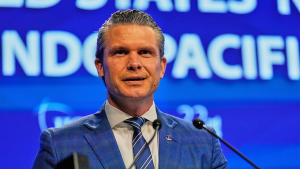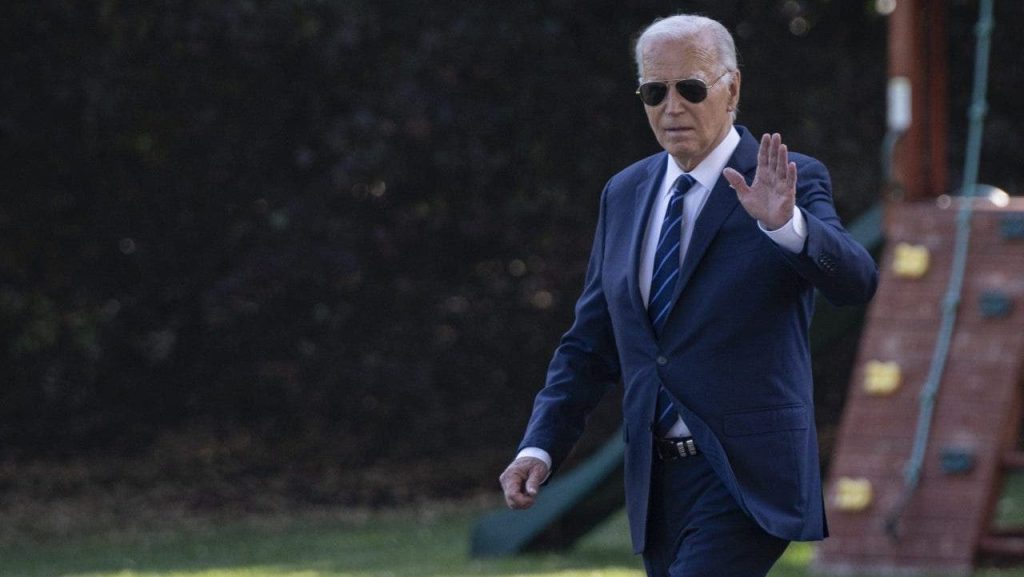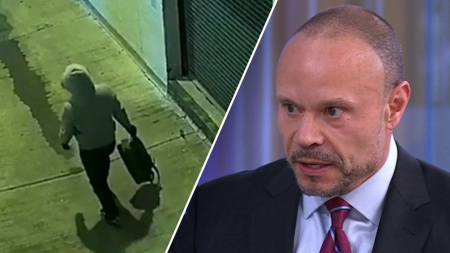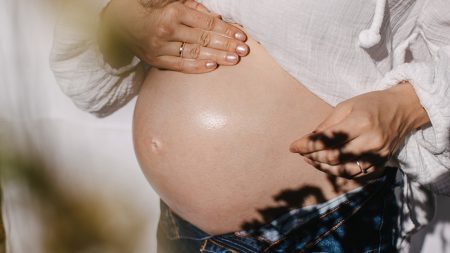President Joe Biden’s unprecedented clemency grant, encompassing 39 pardons and nearly 1,500 commutations, marks a significant moment in his presidency and underscores his commitment to criminal justice reform. This single-day action surpasses any previous presidential clemency record and follows the controversial pardon of his son, Hunter Biden, a decision that drew criticism and intensified calls for broader clemency measures. The White House emphasized that all 39 individuals receiving pardons were convicted of non-violent offenses, predominantly drug-related crimes. These individuals, whose detailed cases highlighted their community involvement, professional achievements, and personal rehabilitation, were deemed deserving of a second chance. The commutations, primarily targeting individuals serving lengthy sentences for offenses that would carry shorter terms under current laws, further reflect Biden’s focus on addressing disparities and inequities within the criminal justice system.
The comprehensive list of pardons released by the White House offered specific justifications for each case, showcasing the individuals’ post-conviction contributions to society. These narratives underscored the transformative potential of rehabilitation and reintegration, highlighting the positive impact these individuals have had on their communities. While the specific nature of the non-drug-related offenses remained undisclosed, the White House stressed the non-violent nature of all pardoned crimes, emphasizing Biden’s commitment to second chances for those who have demonstrated remorse and a commitment to positive change. This emphasis on rehabilitation and reentry aligns with Biden’s broader criminal justice reform agenda, which seeks to address systemic issues and promote fairness and equity within the legal system.
The commutations, totaling nearly 1,500, focused on individuals serving sentences disproportionate to current legal standards. These individuals, having spent a period under home confinement during the COVID-19 pandemic, demonstrated successful reintegration into their communities and families, further supporting the rationale for their reduced sentences. This emphasis on reintegration underscores the administration’s belief in the potential for rehabilitation and the importance of providing opportunities for individuals to rebuild their lives after incarceration. The commutations also reflect a pragmatic approach to addressing the challenges posed by lengthy sentences, particularly in cases where the offense would warrant a lesser punishment under current laws.
Among those benefitting from Biden’s clemency actions are individuals from diverse backgrounds, including a decorated military veteran and pilot, a nurse instrumental in pandemic vaccination efforts, and an addiction counselor dedicated to guiding young people away from substance abuse. These examples showcase the breadth of Biden’s clemency initiative, extending beyond specific categories of offenses to encompass individuals who have demonstrated exceptional character and contributions to their communities. The inclusion of individuals from various walks of life further emphasizes the administration’s commitment to considering individual circumstances and recognizing the potential for positive change, even in the face of past mistakes.
Biden’s commitment to clemency extends beyond this single, historic action. His past clemency grants, dating back to April 2022, have consistently targeted individuals convicted of non-violent drug offenses and those under home confinement due to pandemic-related measures. These earlier actions laid the groundwork for the larger-scale clemency initiative announced Thursday, demonstrating a consistent pattern of prioritizing individuals deemed deserving of a second chance. The ongoing review of clemency petitions signals Biden’s intention to continue exercising this presidential power throughout his remaining time in office, reinforcing his commitment to criminal justice reform and the pursuit of a more equitable legal system.
This latest wave of clemency grants reflects a broader trend in criminal justice reform, with a growing emphasis on rehabilitation, reintegration, and addressing sentencing disparities. Biden’s actions align with this movement, seeking to mitigate the long-term consequences of past convictions and provide opportunities for individuals to rebuild their lives. While the pardon of his son, Hunter Biden, generated controversy, it also served as a catalyst for broader clemency considerations, leading to this unprecedented grant of pardons and commutations. By taking this decisive action, Biden aims to leave a lasting impact on the criminal justice system, promoting fairness, equity, and the potential for redemption.










